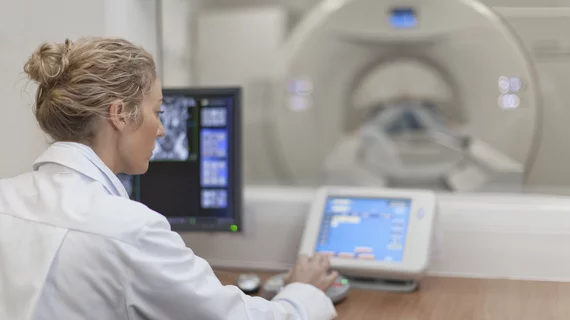WHO issues updated brief 'to spark an overdue cultural change in medical imaging'
The World Health Organization issued a new policy brief for healthcare providers that stresses the importance of radiation protection and ethically guided care in medical imaging.
In the updated brief, which was issued on April 13, the WHO sought to refine its existing framework pertaining to radiological care to better reflect changes the field has undergone over the last several decades. Due to the ever-increasing use of ionizing radiation, the organization felt their guidelines should be modified to include a specific reference to ethics and patient-centered care.
The WHO states that the purpose of the update is “to spark an overdue cultural change in medical imaging.” This is to be achieved by thoroughly educating providers, patients and their families as to the risks and benefits of ionizing radiation and any medical imaging that utilizes it.
“The optimal balance between radiation benefits and risks must be ensured,” said Maria Neira, MD, WHO director of the Department of Environment, Climate Change and Health. “Whenever radiological imaging procedures are proposed, only necessary examinations should be performed, and patients should know they can expect appropriate, timely and safe services.”
The organization cited a recent uptick in a lack of awareness in ethical standards, stating that it could endanger patients. The statement suggests that patient safety in medical imaging has centered on radiation protection, rather than medical ethics, though the organization believes that ethics “is an essential component of radiation protection in medicine.”
The brief proposed a range of initiatives that the WHO suggests will properly align patient radiation safety measures with the expectations of the organization, as well as other governing bodies, such as the International Atomic Energy Agency and the International Commission for Radiological Protection. These initiatives are said to be in line with other measures on global health ethics.
“All patients have a right to ethical health care, including being informed about and involved in decisions regarding their diagnosis and treatment” said John Reeder, PhD, WHO director, Department of Research for Health. “Dignity, respect, privacy and confidentiality should be maintained throughout their care.”
To read the statement, visit who.int, and download the entire brief that includes the aforementioned initiatives here.
More on health imaging policy and regulations:
FDA issues safety warning for iodinated contrast media use in children
The impact of state-level digital breast tomosynthesis coverage mandates
Q&A: What updated reimbursement policies could mean for CT lung screening rates in the United States

